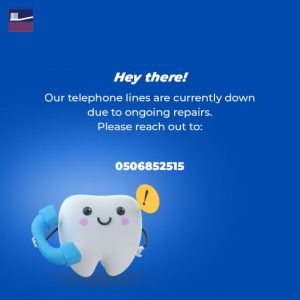Oral cancer initially appears as an abnormal growth or a sore in the mouth that’s difficult to get rid of. The disease is divided into two categories, those occurring in the oral cavity and those occurring in the oropharynx. The oral cavity includes the lips, inside the lip, cheeks, teeth, gums, the front two-thirds of the tongues, the floor and the roof of the mouth. The oropharynx includes the middle region of the throat, the tonsil, and the base of the tongue.
Oral cancer is a serious health condition and consists of numerous distressing symptoms. However, strictly following the preventive measures and early detection can considerably control the disease’s severe symptoms.
Symptoms And Risk Factors
Early detection of symptoms will enable you to seek help and approach a dentist before the condition worsens.
The symptoms of oral cancer include:
- Sore irritation in the oral cavity or oropharynx
- Red or white patches
- Pain, numbness, and tenderness in the mouth or lip area
- Rough spots, erosions, or lumps in the mouth area.
- Extreme difficulty chewing, swallowing, speaking, or moving the tongue and jaw.
If you notice discomfort in the throat area, such as suffocation, sore throat, numbness, hoarseness, or a change in voice, consult a dentist immediately.
Research studies have identified the different risk factors for the development of oral cancer. Concerning gender, men are twice as likely to develop oral cancer than women. Another risk factor is smoking and alcohol abuse. The human papillomavirus (HPV) is also a causal factor for oral cancer. This virus is sexually transmitted and is also related to head and neck cancers.
How To Prevent Oral Cancer
Proper Diet
The right kind of nutrients helps improve the immune system and protects against cancer. Fruits and vegetables like brussels sprouts, carrots, squash, and apples are good for overall health. These nutrients help maintain your oral health.
Reducing Alcohol consumption
Alcohol consumption can irritate the mouth and create suitable conditions for the development of oral cancer. Alcohol consumption paired with smoking habits can worsen your oral health and make the mouth area a breeding ground for germs. This, in turn, can cause oral cancer. People who drink should try to cut down on alcohol.
Regular Visits To The Dentist
The dentist is a specialized medical doctor who has a wide range of knowledge on healthy oral habits and dental interventions. When you visit a dental clinic, you can also avail of the services of a hygienist, experts in polishing, scaling and cleaning the teeth. During your routine visit, the dentist will check for growths or erosions in the mouth area. Your specialist is also involved in reviewing your teeth, gums, and mouth area’s overall health. Make sure to visit a dental clinic at least once a year, and it is best to consult a hygienist once every three months.
Routine Brushing and Flossing
Maintain a good oral hygiene routine to help protect against germs and bacteria. It is recommended to brush at least twice a day for two minutes. Floss the teeth at least every after meals to remove food stuck between teeth that bacteria can feed on. Flossing can also stimulate the gums and facilitate saliva production- which helps clean the teeth by further loosening food debris and protecting it against plaque buildup and harmful bacteria. These healthy practices will ensure that your teeth are in good condition.
Contact our clinic and seek treatment from certified dentists today.





